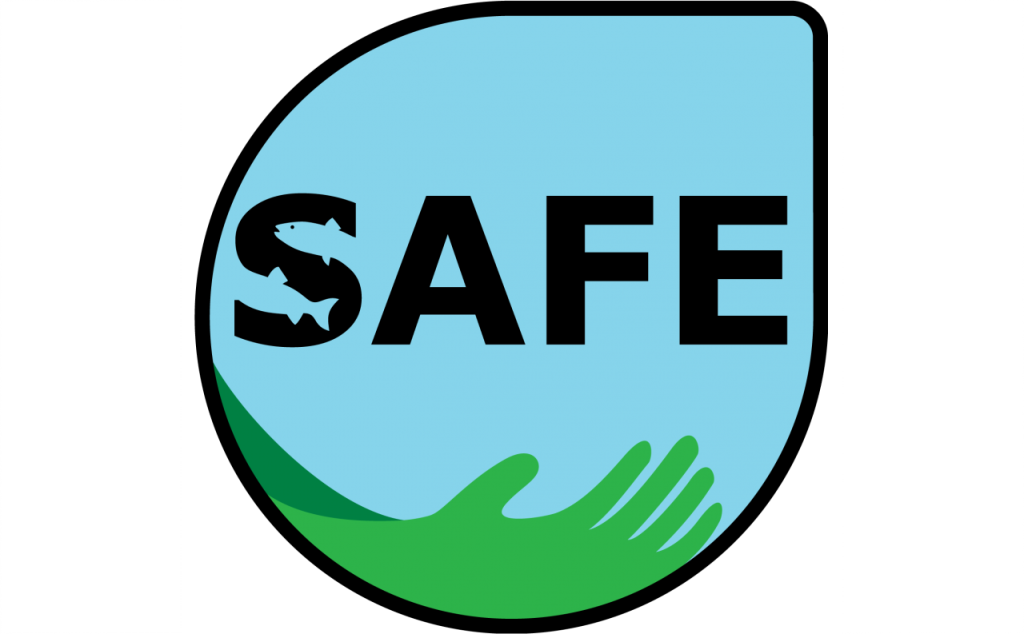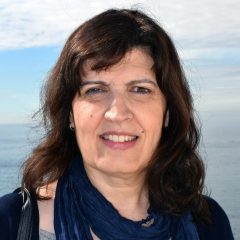
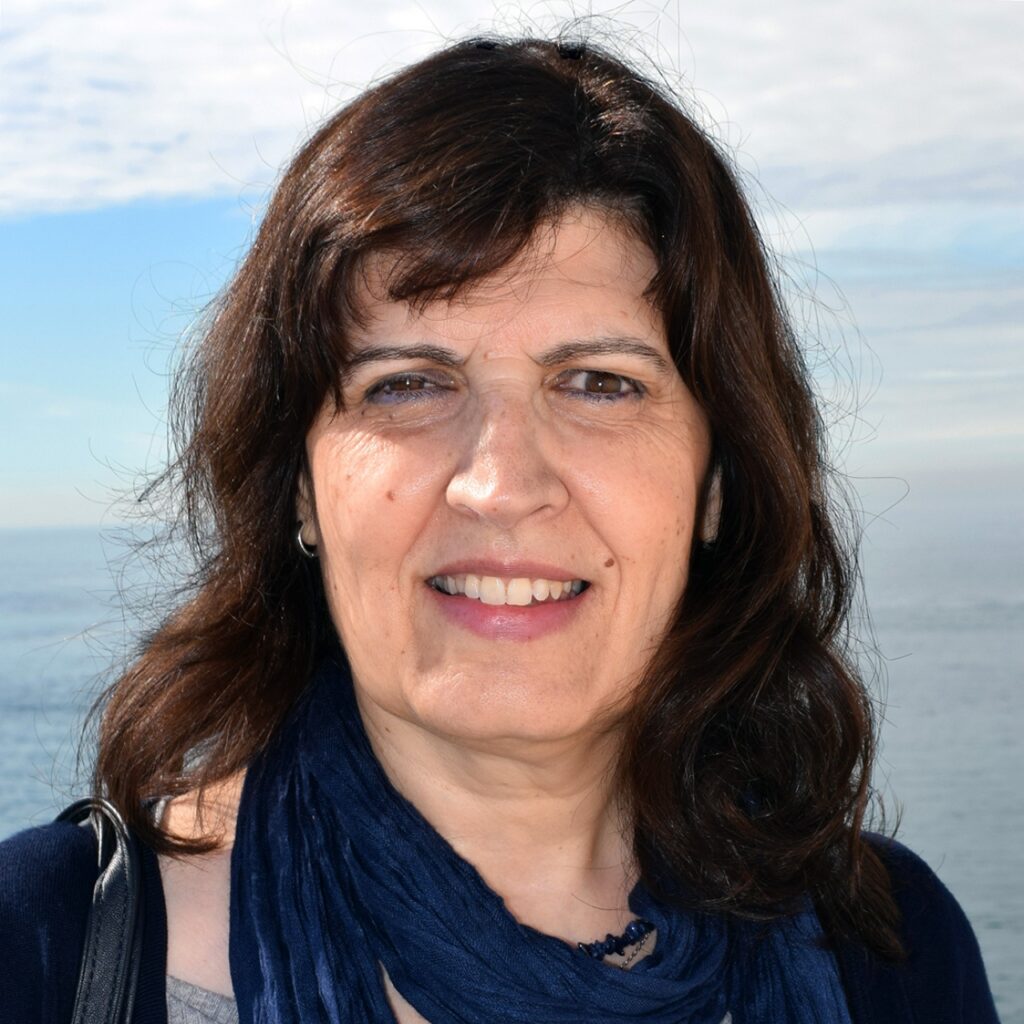
Researcher
Maria Teresa Borges graduated and done MSc and PhD in Biology. She is Professor at Faculty of Sciences, University of Porto, and Researcher at CIIMAR since its foundation. Research interests are multidisciplinary and applied, with focus on Applied Microbiology (Bacterial and Microalgal Biofiltration processes), Environmental Biotechnology (Biofilms, Photobioreactors, Bioremediation, Saline Wastewater Treatment and Valorization via Integrated Systems) and Aquaculture Environmental Sustainability (Recirculation systems, dissolved CO2). She has vast experience in teaching and supervising students, university and research projects management (e.g. RACEWAYS, AQUAMONITOR, RASORGMAT), publishing in different types of scientific media, and science dissemination.



